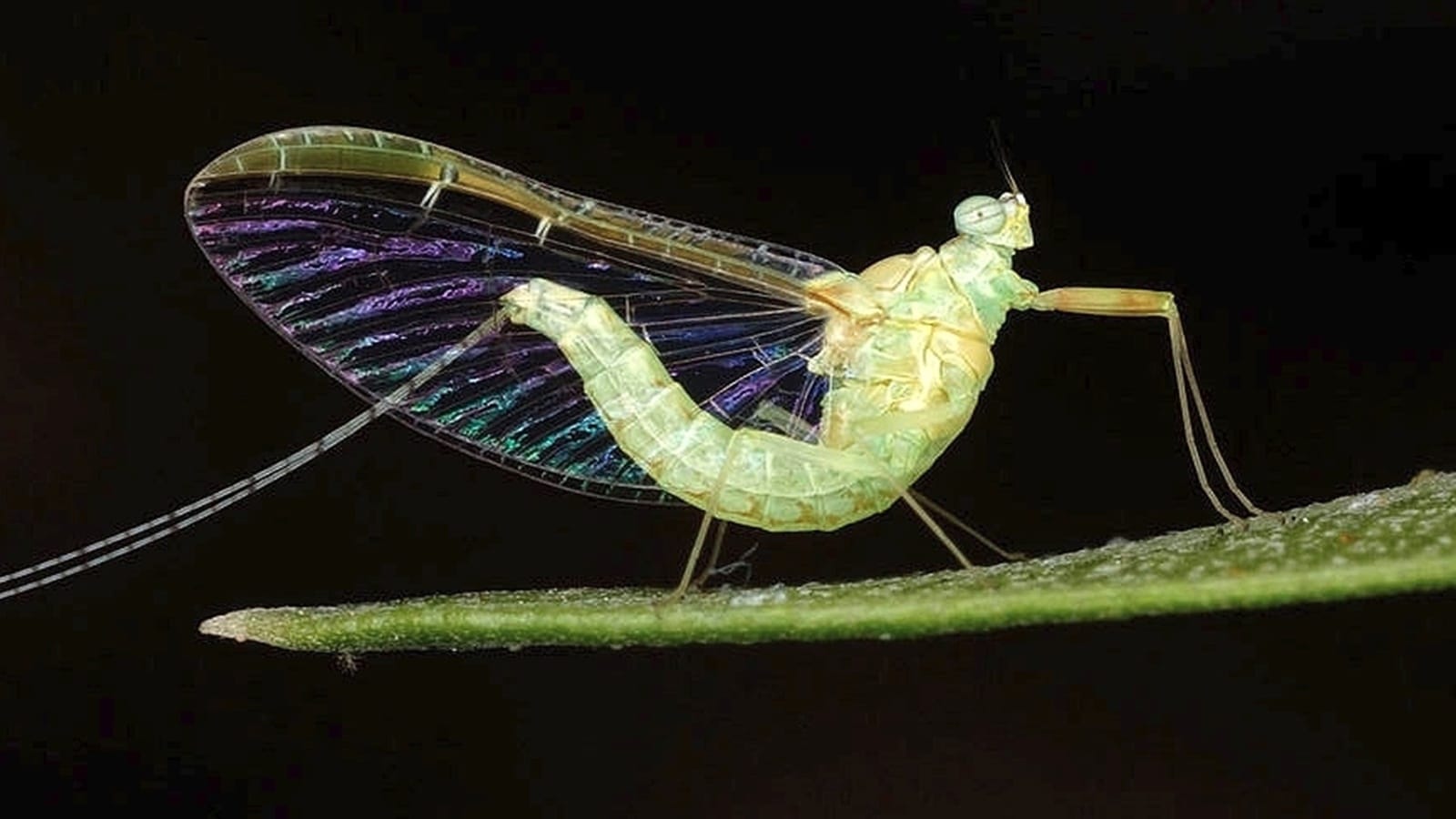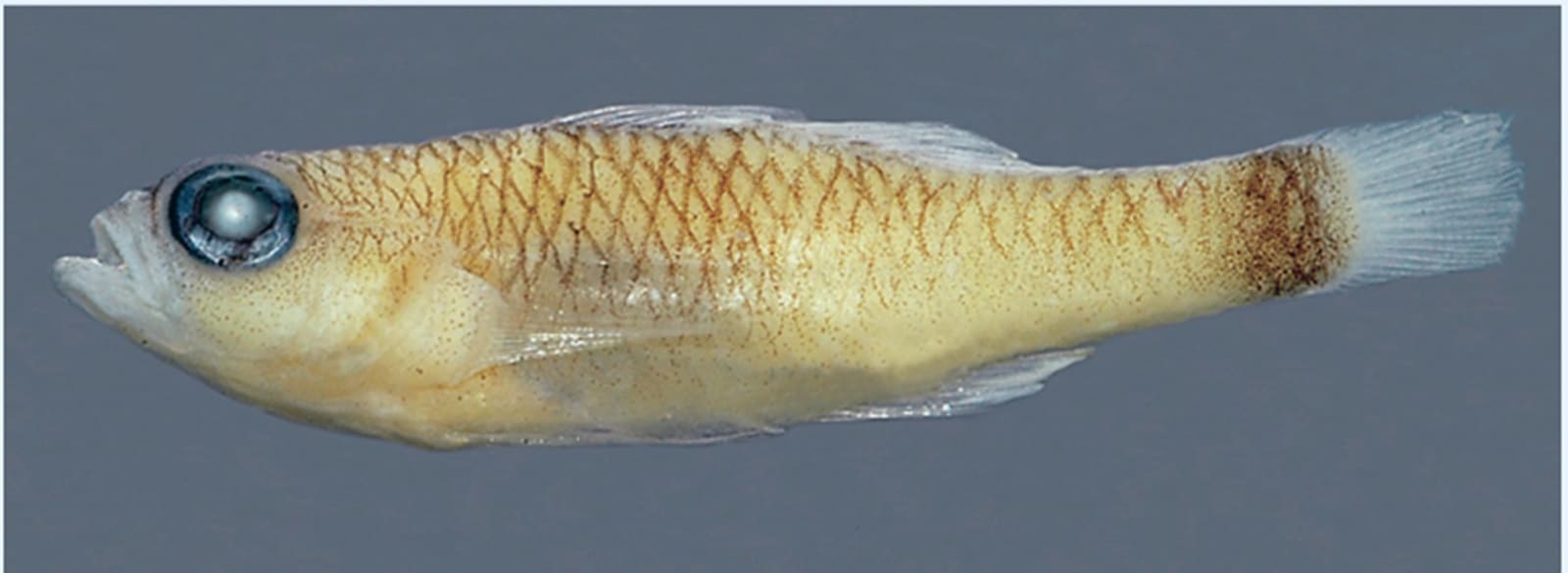📣 For more lifestyle news, click here to join our WhatsApp Channel and also follow us on Instagram
This animal lives for less than five minutes; here are others with the shortest lifespan
It’s wild to think about—but for some species, a few days are enough to be born, grow up, find a mate, and say goodbye. Here’s a look at some of nature’s briefest lives.
 From mayflies to killifish and pygmy gobies, here’s a look at nature’s shortest-lived creatures and how they make every minute count. (Source: Wikimedia Commons)
From mayflies to killifish and pygmy gobies, here’s a look at nature’s shortest-lived creatures and how they make every minute count. (Source: Wikimedia Commons)Life doesn’t tick at the same pace for every creature. While some animals can live for decades (or even centuries!), others barely get 24 hours to experience the world.
It’s wild to think about—but for some species, a few days are enough to be born, grow up, find a mate, and say goodbye. Here’s a look at some of nature’s briefest lives.
Mayflies
Mayflies are the poster children for short lifespans. Despite spending most of their life underwater as larvae (up to a year!), once they emerge as adults, the clock starts ticking fast.
Some species—like Dolania americana—live for less than five minutes in their adult form. That’s just enough time to find a mate, lay some eggs, and call it a life. No meals, no naps—just a very quick mission.
 Despite the short life, Pybmy goby grows fast and reproduces early, making sure their species keeps going. (Source: Wikimedia Commons)
Despite the short life, Pybmy goby grows fast and reproduces early, making sure their species keeps going. (Source: Wikimedia Commons)
Pygmy goby
This tiny reef fish, the pygmy goby, has one of the shortest lifespans of any known vertebrate. It lives only about 59 days. Researchers figured this out by counting the daily rings in their ear bones—like tree rings, but way smaller, according to World Atlas. Despite the short life, they grow fast and reproduce early, making sure their species keeps going.
Labord’s chameleon
Meet Labord’s chameleon, found only in Madagascar. These little lizards pack their entire lives into about four or five months.
What’s even more fascinating is that their eggs take longer to hatch than the time they spend alive outside! It’s a survival trick to match Madagascar’s dry and wet seasons—when the weather’s good, they grow fast and make the most of it.
Turquoise killifish
Found in temporary puddles in Africa, the turquoise killifish has to grow quickly because its home dries up quickly. These fish reach adulthood in two weeks and usually live only four to six months.
Scientists love studying them because their short lives help us learn more about ageing.
Gastrotrichs
You probably haven’t seen one, but gastrotrichs are teeny-tiny creatures that live in water. Some only live for a few days. Even in that short time, they play a big part in keeping water ecosystems clean by feeding on bacteria and helping recycle nutrients. Small but mighty!
📣 For more lifestyle news, click here to join our WhatsApp Channel and also follow us on Instagram
- 01
- 02
- 03
- 04
- 05



























